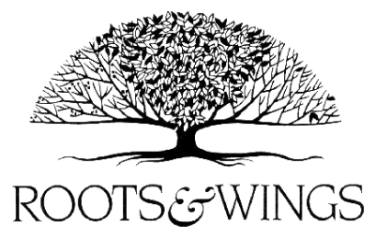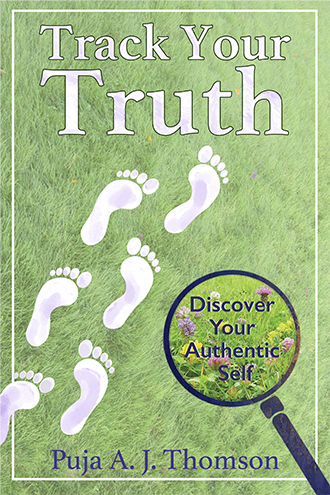A Year in COVID: What Nature Taught Me
By Cynthia Hacker, local freelance writer
It’s been one year since our world changed, and many of us are reflecting on the last 12 months. March 2020 brought a threat to our shores that most of us have never experienced. For the first time, we faced our own mortality in a very real, very scary way. I had always found peace and healing in the outdoors, and this year, because many of these spaces became quite crowded, I needed to go “off-the beaten path.” It was here that I found a simple, life-affirming connection and comfort with my “other neighbors.” The nonhuman kind.
Biologist and author Robin Wall Kimmerer writes in her book, Braiding Sweetgrass, that we reserve pronouns of personhood, such as he, she, and they for humans, leaving a nonhuman species to be an “it.” Wall Kimmerer wanted a word for all beings—plants, animals, landscapes, even elements like rain or snow. English already had the perfect word for plurals with kin, a word most are familiar with, but not for a single nonhuman being. Searching her native Potawatomi language for inspiration, Wall Kimmerer found the simple word “ki” to describe any living being. “So that when the robin warbles on a summer morning, we can say, 'Ki is singing up the sun,'” or “Ki’s branches sway in the pine-scented breeze,'” she wrote.
In my new, quieter places, every plant, every bird, every local resident began to feel like old friends, my kin.
Spring
In spring, life was beginning in the outdoors, while inside, we heard the sad stories of human life waning. It comforted me to see and hear all the new life of Spring in a place called “Giant's Ledges Pocket Park,” a parcel of land that spans the northern part of the Shawangunks, connecting the iconic Bonticou Crag to the hamlet of Rosendale. One early April evening, when ki’s magic was already in full bloom, I took the gradually climbing, woodsy trail, carpeted in fragrant, soft pine needles, to an inviting rocky cliff, where one can perch and look out on the valley below. I sat on the summit listening to the sounds of kin around me. The first to hit my ears was the music of the peepers in the leafy green chasm below. It is one of my favorite sounds in nature. These kin tell you that life is renewing and warm weather is coming. It's funny, as you sit and begin to listen to the sounds of nature around you, it is as if a veil suddenly lifts, and underneath, you discover even more layers of “music.” I then recognized another familiar voice—it was the song of the scarlet tanager, a bird friend I knew well from grassy flatlands. Ki sings a very strong, beautiful melody, easily recognized by its sharp, chirpy notes. Ki's bold red and black colors also make her easy to spot for my not-so-sharp eyes.
Pretty soon, the forest was alive with song. Birds have been around a long time; they are resourceful and they know how to survive. They thrive because they persist.. Here, kin were singing out with the spirit of life. At this same moment, in the world of the human, kin were singing out from the streets, from porches, from windows—it was the time of the 7pm “applause” for healthcare workers. It's no secret how separated most of us have become from the natural world, but here, I could feel the two songs mixing together. Perhaps all kin cry out in the same vein. We are so much more connected than we realize.
We have been very fortunate here in the Mid-Hudson Valley, for Mother Nature has treated us to a very special year. She gave us a gorgeous spring, a stand-out summer, a truly unforgettable autumn, and a very quiet, picturesque winter. These gifts, along with my kin teachers, helped me survive this rough year. The coming blogs will follow my experiences, as I received the gifts of each season, and learned to live and grow in our challenging times.

















